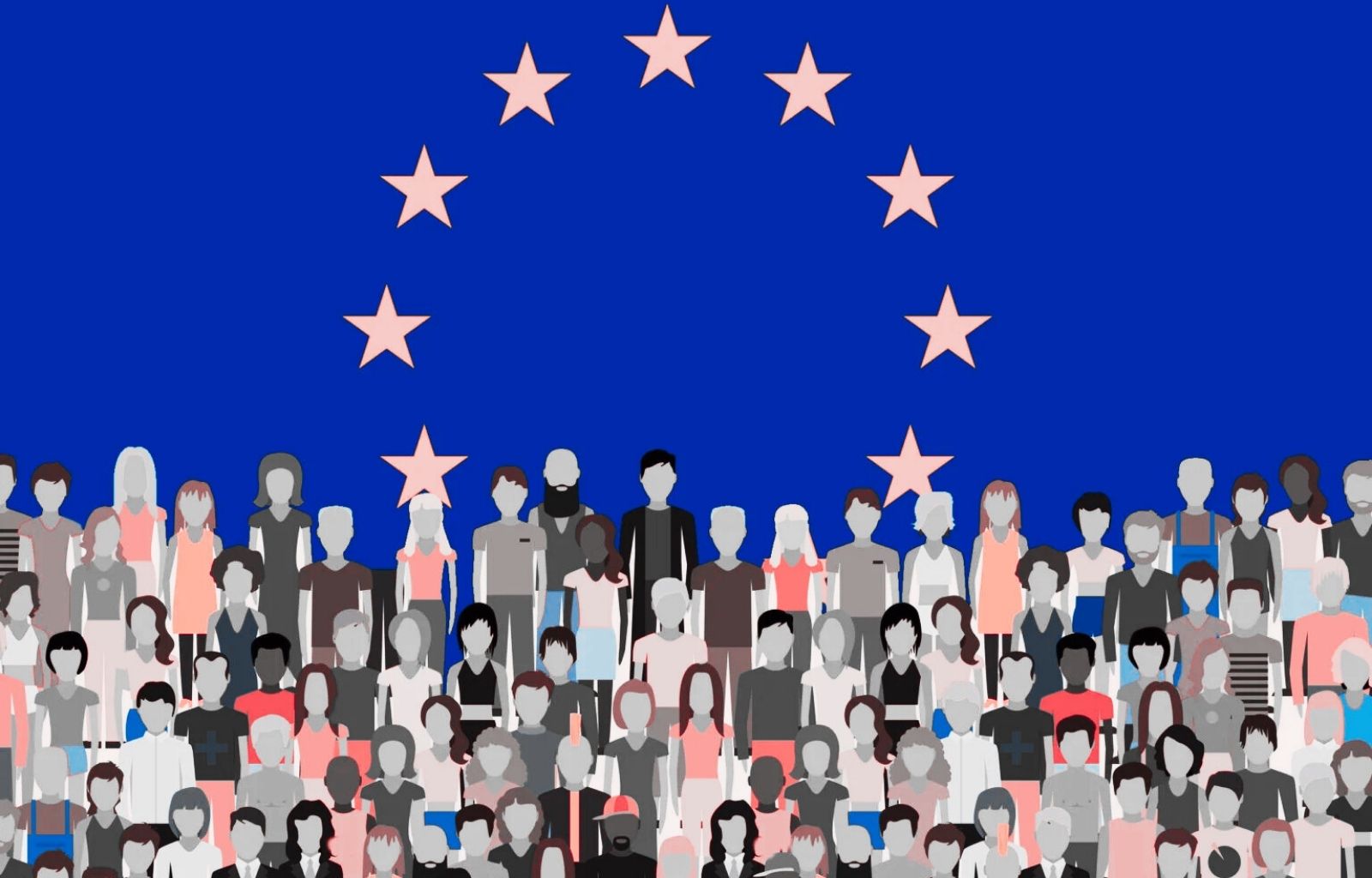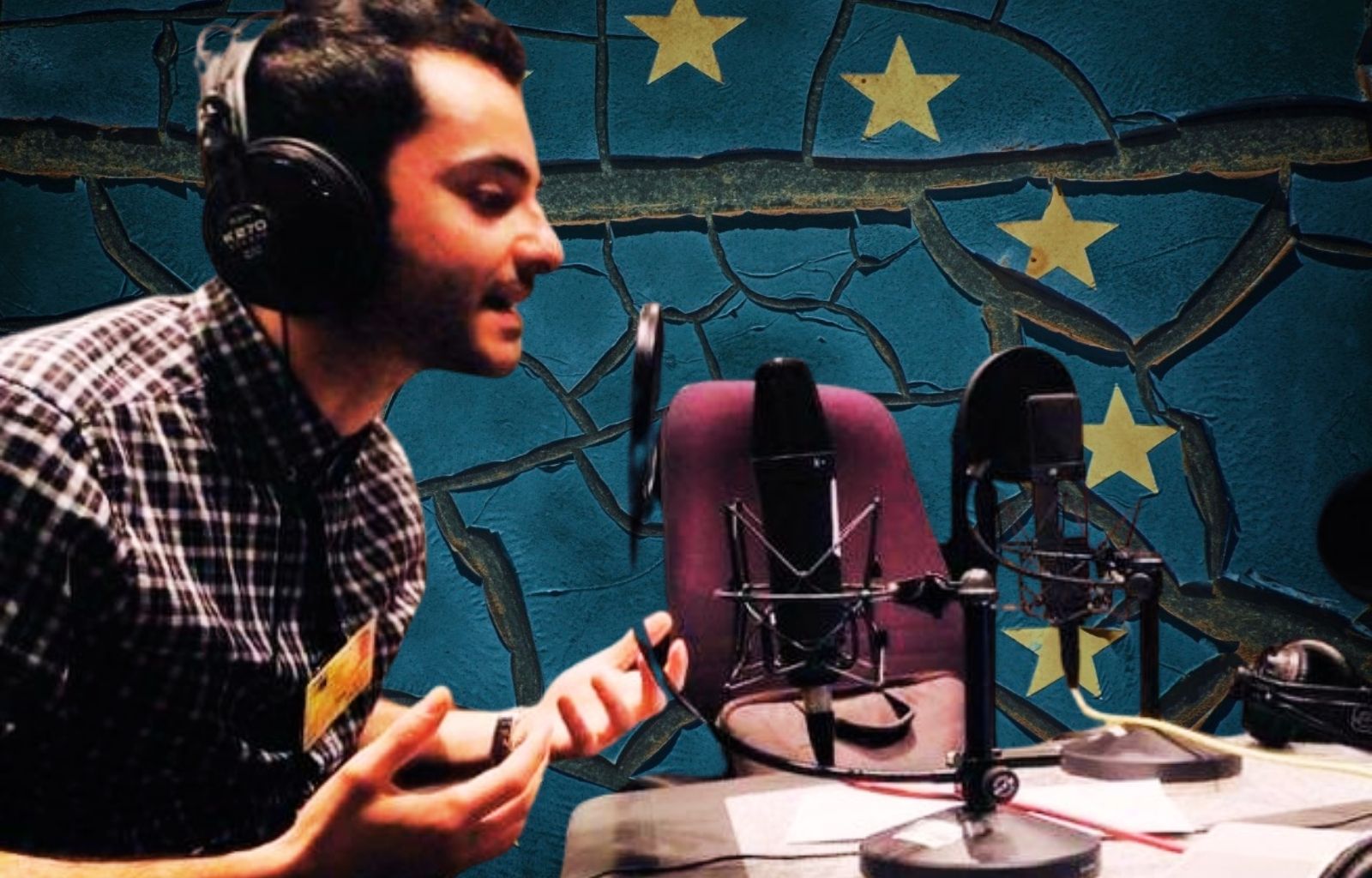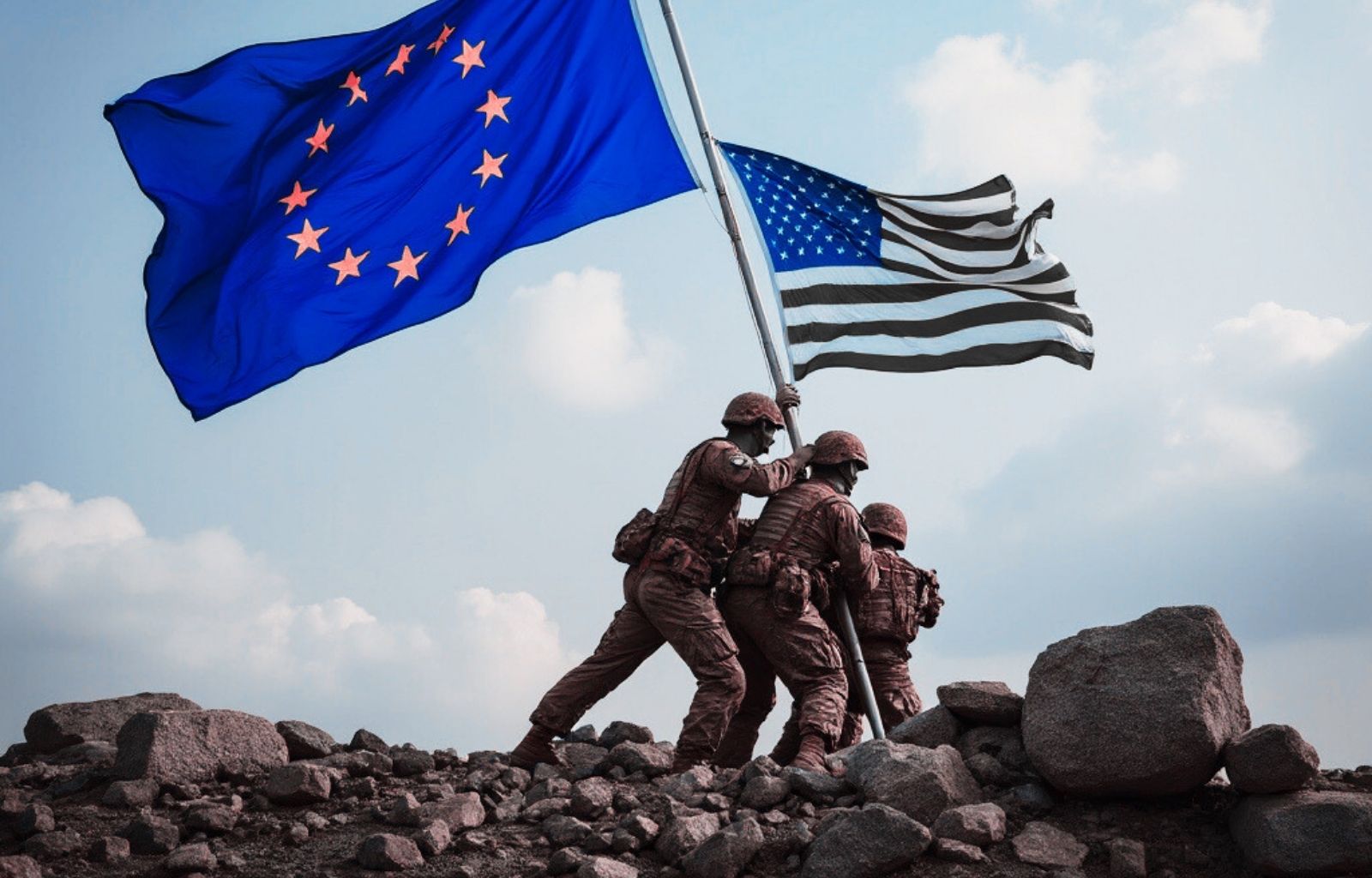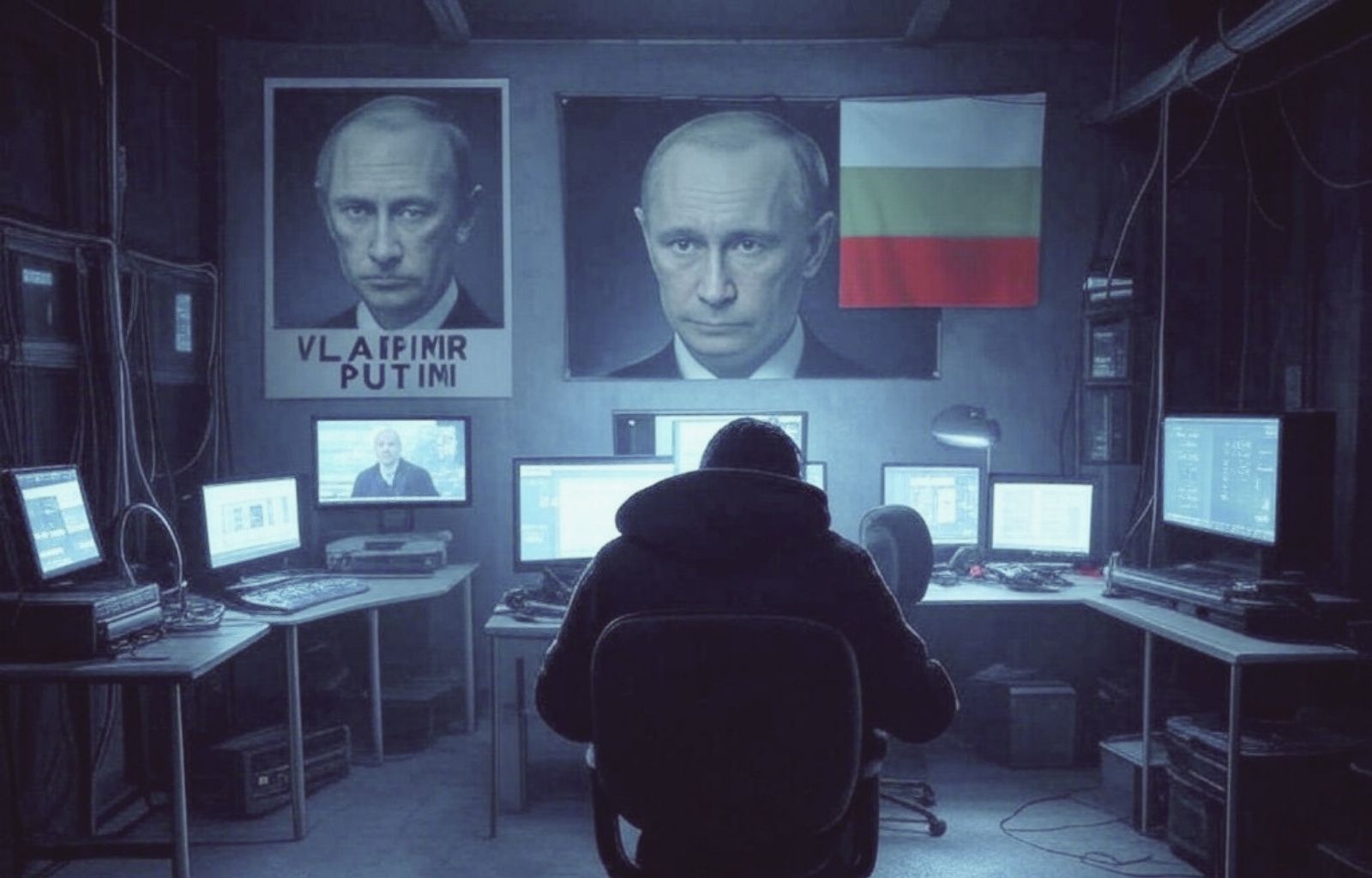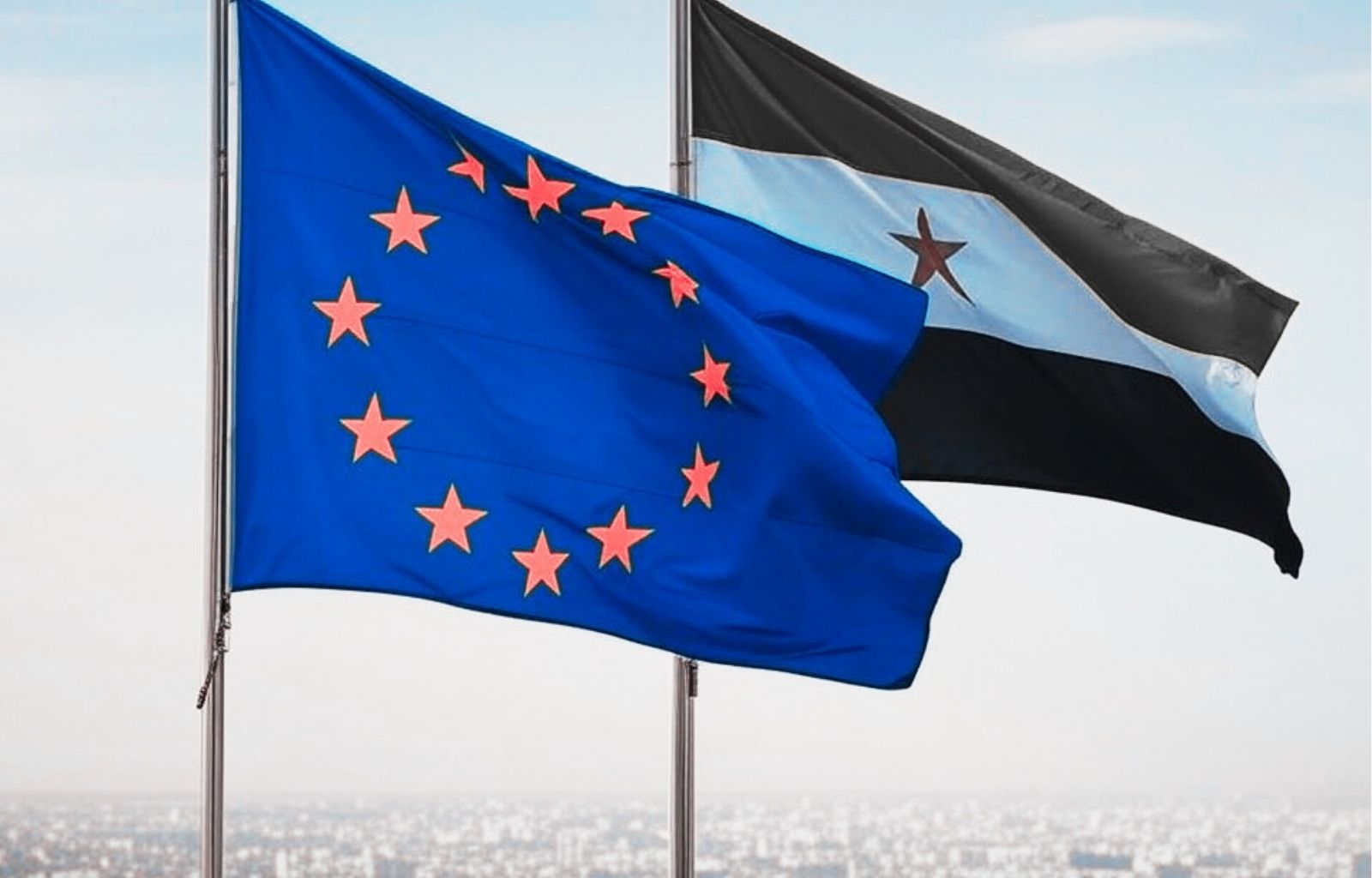Derussification: the deep fear that drives Putin
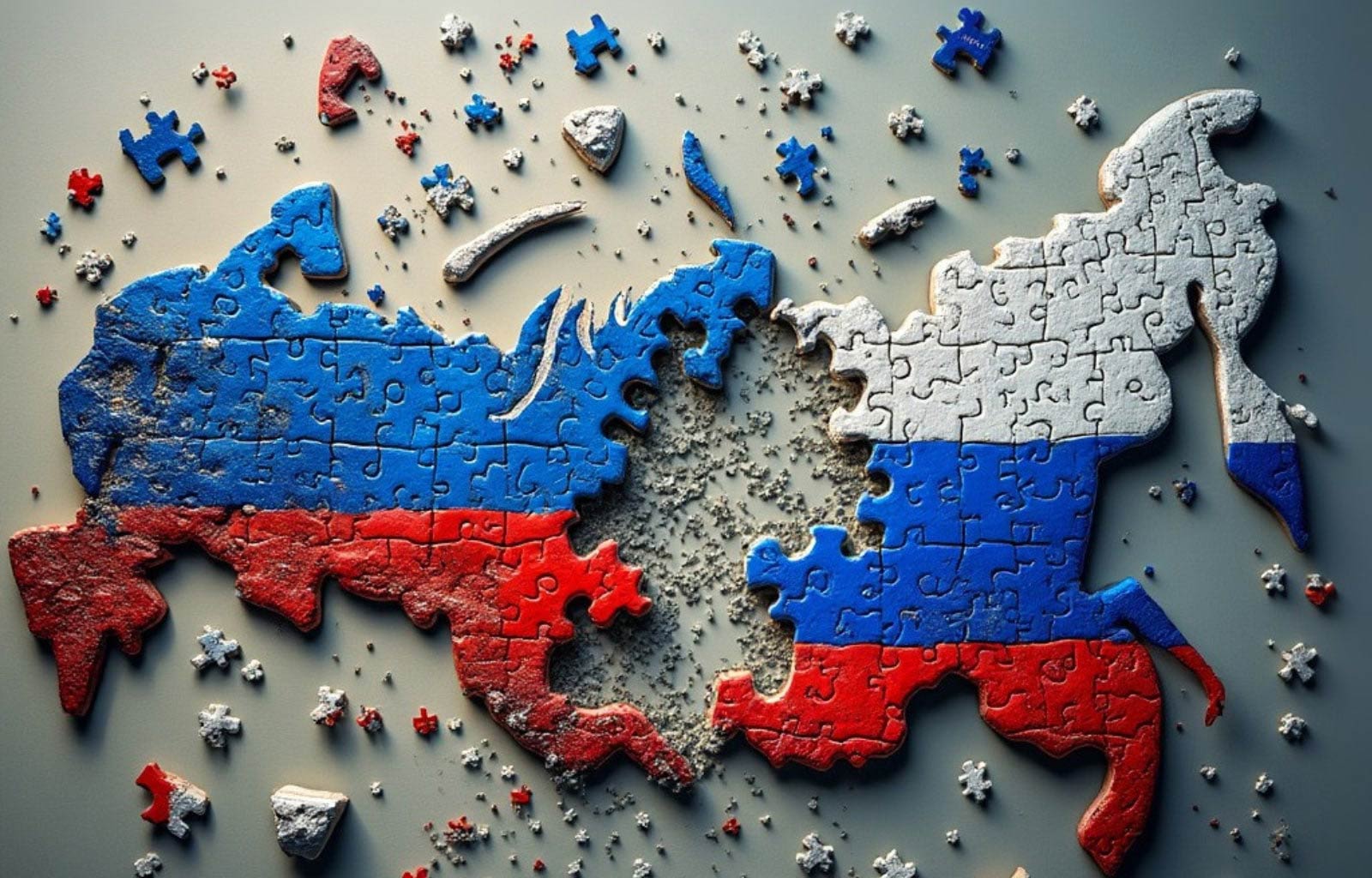
Russia’s military and political choices under Vladimir Putin revolve around one central element: the fear of ‘derussification’. This fear, rooted in imperial and Soviet history, is key to understanding the conflict in Ukraine and the tensions in Russia’s geopolitical peripheries, from Siberia to the borders with China. Moscow’s policy is presented as a defensive reaction, but its aggressiveness risks accelerating a process that Tsar Putin himself wants to avoid.
An empire without decolonisation
Russia was a colonial empire that extended its influence over vast territories and diverse populations. However, unlike countries such as France and the United Kingdom, which went through a process of decolonisation after World War II, Moscow has never acknowledged the colonial nature of its rule or embarked on a process of historical elaboration. This lack has made its relationship with the former Soviet republics and interior regions particularly problematic, fuelling a narrative that identifies any emancipation as an existential threat.
The dissolution of the USSR as trauma
The dissolution of the USSR in 1991 was experienced as‘forced decolonisation‘. The loss of the Baltic republics and former Soviet republics such as Ukraine, Georgia and Moldova was perceived as a threat to Russian security and identity. Putin himself called the collapse of the USSR‘the greatest geopolitical catastrophe of the 20th century‘. This perspective is not only a historical reference: it guides many of his political and military decisions today. The war in Ukraine is more than a territorial conflict: it is a battle against derussification. Ukraine, historically considered the heart of Kievan Rus’, has progressively drifted away from Russian influence towardsEurope and NATO, challenging Moscow’s narrative as the legitimate heir to this cultural space. For Putin, losing Ukraine means not only weakening Russia geopolitically, but also giving up a central element of its historical identity.
The rhetoric of cultural genocide
Russian actions in Crimea in 2014 and Donbass, as well as the 2022 invasion, were justified by Putin as protecting Russian-speaking communities and countering an alleged ‘cultural genocide’. However, these choices reflect the fear of further losing control over a key region for Russian identity and security. The war itself is being used as a tool to consolidate domestic consensus by leveraging a nationalist and imperialist narrative. The fear of derussification not only concerns Eastern Europe, but also Siberia and the regions bordering China. These territories, rich in natural resources, have historically been subject to colonisation by Moscow. Today, however, growing Chinese influence poses a challenge. In the eastern regions of Russia, Beijing has been able to establish its economic presence, attracting investment, labour and resources.
China and Russian control
Through agricultural land deals and infrastructure investments, China strengthens its presence in Siberia. One example is the granting of 15,000 hectares in the Trans-Bajkal to Chinese companies, fuelling fears of a demographic and cultural shift that could erode Russian control in the region. Economic cooperation conceals the risk of Moscow becoming dependent on Beijing, especially at a time when Western sanctions are hitting its economy hard.
A sustainable balance
Putin’s foreign policy is deeply influenced by the fear of derussification. This fear motivates aggressive actions towards Ukraine, other former Soviet republics, as well as strict control over the Federation’s inner peripheries. However, this policy clashes with a changing reality beyond Russian control. The defensive strategy based on aggression and control may prove unsustainable. Growing Chinese influence, internal divisions and the consequences of ongoing wars risk accelerating what Putin fears: the loss of Russia’s identity and power as an empire.


